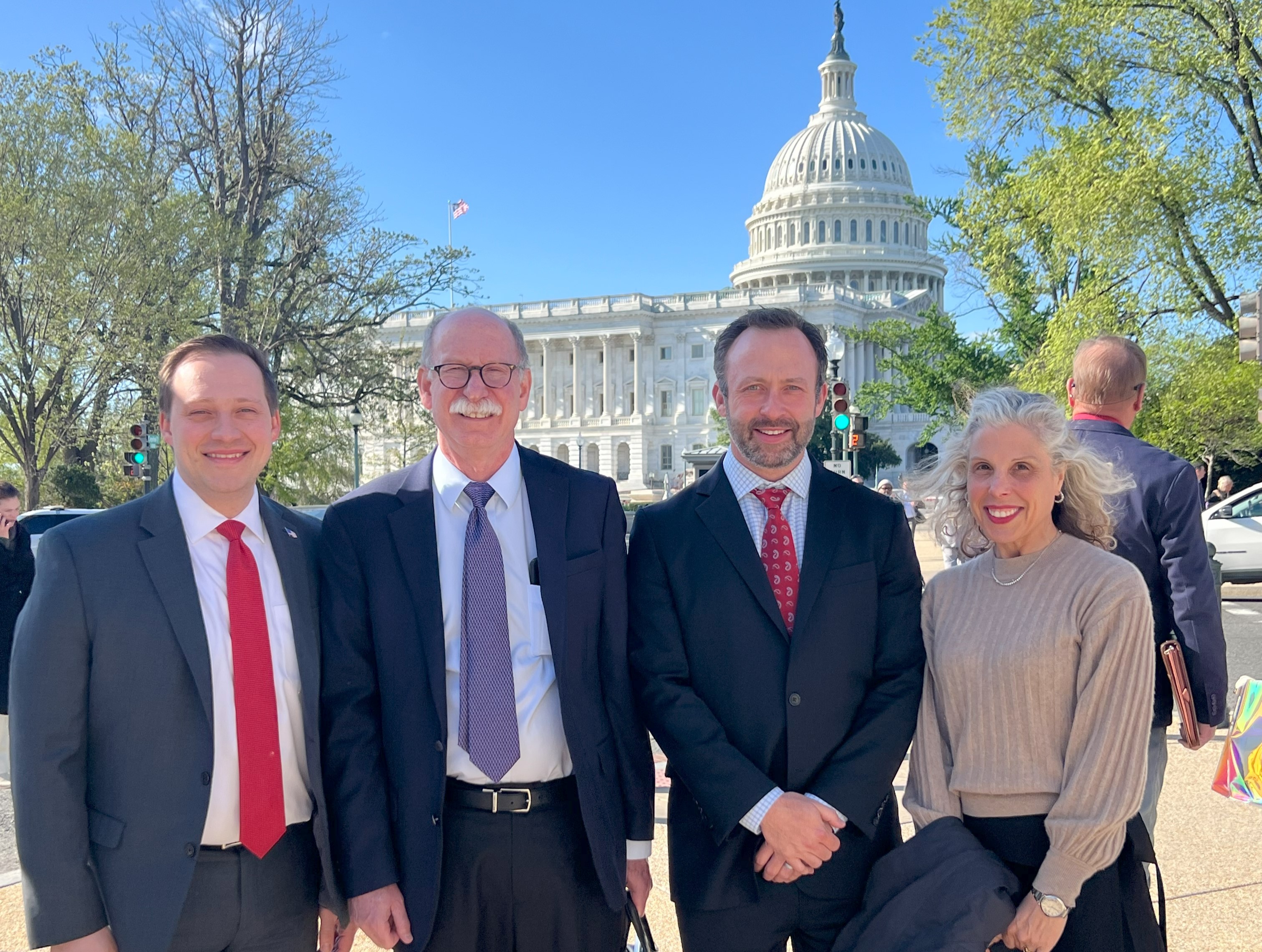LUGPA Policy Update: Site-Neutral Payment ReformJune 2023 This imbalance and the rapid increase in hospital physician practice acquisition have led to continually increasing costs to Medicare and private commercial payers. According to the Physicians Advocacy Institute, as of 2021, only 30 percent of physicians in the U.S. practice medicine independently, compared to 70 percent of physicians employed by hospital systems, private equity firms, or health insurers. The result of this consolidation is a hindrance to patients’ ability to choose where they receive their care and increased costs. This payment imbalance is complicated further by the increasing prevalence of ambulatory surgical centers, which many LUGPA members own and operate. These centers can provide care at a lower cost than many hospital-based facilities, which could save Medicare millions in reduced costs. However, these centers are still reimbursed at levels far below the more costly hospital-based outpatient departments (HOPD). To educate Congress and the Centers for Medicare & Medicaid Services (CMS) on the value of independent urology and the improved cost and efficiency our members provide, LUGPA has focused on advocating Capitol Hill and the White House through administrative rulemaking, calling on law and policymakers to level the playing field and ensure that independent physician practices can compete with mega-hospitals and offer more efficient, high-quality care in patients’ communities. Under a site-neutral model, the payment for a service provided to a patient is the same regardless of the setting where the service is provided. Moving to site-neutral payments could save Medicare billions in reduced costs. According to a 2021 Committee for a Responsible Budget report, Medicare would save $153 billion over ten years by moving to site-neutral funding policies. During the recent Congressional session, several proposals have emerged in Congress at the committee level that would begin to incorporate site-neutrality reforms into federal healthcare programs. Congress and CMS have made efforts to move Medicare toward site-neutral payments in the past. In 2014, MedPAC recommended that Congress and CMS enact site-neutral Medicare payments for 57 specific hospital outpatient services. These were selected because they were services generally provided in physicians’ offices and were not common emergency department services. The Radiation Oncology (RO) Model has three main elements: an alternative payment system, new quality measures linked to payment, and mandatory participation. The RO model creates a new episode-based bundled payment, based on a patient’s cancer diagnosis, that covers radiation therapy services provided in a 90-day episode for the cancer types outlined in the CMS final rule. One significant critical change in the RO model is the establishment of site-neutral payments, where a standard, adjusted national base payment amount is established for the episode, which remains the same regardless of where the treatment occurs. This marks a significant change, as for many services, large hospitals receive higher levels of reimbursement than independent providers. Despite the many benefits of exploring the new methods presented in the RO Model, its implementation has been delayed on several occasions, most recently in 2022. LUGPA supports CMS’ episodic approach to radiation therapy as another step towards true site neutrality and, ultimately, complete price transparency. CMS’ approach to implementing this proposal without simultaneously reducing reimbursements is a physician-friendly approach we encourage the agency to utilize in future efforts to transition to value-based care. As part of the Bipartisan Budget Act of 2015, Congress directed CMS to institute site-neutral payments for newly built or newly acquired off-campus provider-based HOPDs. Unfortunately, the effectiveness of this reform was limited because all current off-campus HOPDs and those under construction were grandfathered into the existing imbalanced system, and most newly acquired practices are now moved into existing HOPDs. During an April 26 House Energy and Commerce health subcommittee hearing, several lawmakers from both sides of the aisle voiced their support for site-neutral payment reforms as a means to save the government money and slow down the recent trends of provider consolidation. According to LUGPA’s Washington team, of the half dozen bills examined in April’s hearing, the only one to advance out of committee would reduce payments to hospitals for the administration of Part B drugs to the physician office payment rate -- $325 to $140 for a complex drug, as an example. One lawmaker noted that the payment imbalance directly affects consolidation: “Hospitals are motivated to gobble up physician practices because they’re able to bill Medicare roughly double the amount that private practices can,” said committee member Rep. Mariannette Miller-Meeks (R-IA). It is important to note that CMS has stated that CMS cannot take unilateral action on payment reforms; Congress needs to give its approval to CMS to enact these reforms. The committee is considering three bill proposals that would expand site-natural payment models to more providers and services. The first discussion draft bill would expand site-neutral payments for certain low-acuity services, including specific imaging procedures and diagnostic tests. The second draft bill would expand site-neutral payments to a broader range of off-campus outpatient departments. The third draft bill would expand site-neutral payments for drugs administered by physicians in an outpatient setting. While these bills represent a significant step toward standardizing site-neutral payments, more reforms are needed to remove the grandfathering exceptions from the 2015 BBA and more widely implement site-neutral payments. LUGPA’s legislative advocacy efforts will focus on engaging lawmakers to support legislation that will level the playing field for independent physicians to fairly compete with hospital systems to increase quality and access to care for all Medicare patients nationwide. In our comments to Congress, LUGPA has made several recommendations to lawmakers on how they can address the problem of growing healthcare consolidation while improving market competition:
|




